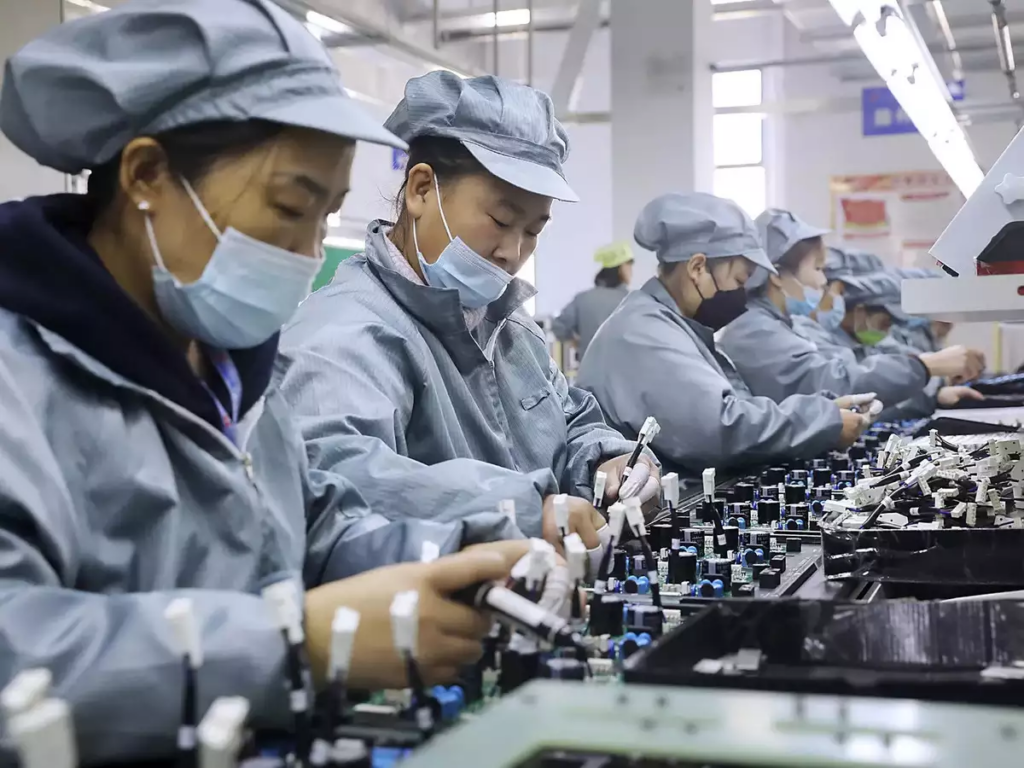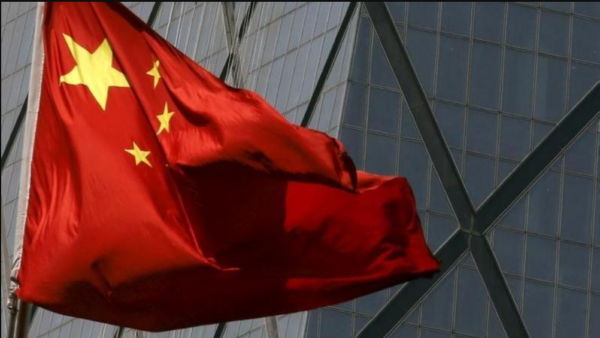In March, Chinese consumer inflation was weaker than anticipated, while producer price inflation declined at a consistent rate, indicating that the country’s post-COVID economic recovery, particularly in the manufacturing sector, was losing momentum.
China’s consumer price index (CPI) grew 0.7% in March, slower than the expected 1% and the prior month’s reading of 1%, according to data released Tuesday by the National Bureau of Statistics.
In March, CPI inflation decreased 0.3% from the previous month.

Despite the removal of anti-COVID restrictions and the government’s efforts to stimulate consumer spending, the data indicated that consumer spending was still struggling to recover. Key to the Chinese economy is consumer expenditure, which has yet to fully recover from the COVID pandemic, which caused the country to endure three years of isolation.
Poor producer price index inflation (PPI) also indicated that the manufacturing sector’s rebound was losing momentum. As anticipated, PPI inflation declined 2.5% in March, following a similar decline in February.
The reading is consistent with March data indicating that Chinese manufacturing activity labored to expand. After an initial post-COVID rebound, the manufacturing sector, a leading indicator for the Chinese economy, is now close to contraction territory.
Chinese exports are also hurt by weak international demand due to the global economic downturn.
It is anticipated that data released later this week will reveal that Chinese exports continued to decline through March, while imports are expected to increase after four consecutive months of declines.
As a result of Tuesday’s reading, the Chinese yuan fell 0.1%, as feeble inflation provides the People’s Bank of China less economic room to raise interest rates. In order to stimulate economic development, the central bank significantly loosened monetary policy last year, which in turn weakened the yuan.
The reading on Tuesday, coupled with recent indications of slowing growth in China’s manufacturing sector, suggests that the country’s economic revival may not be as robust as the markets anticipate.

